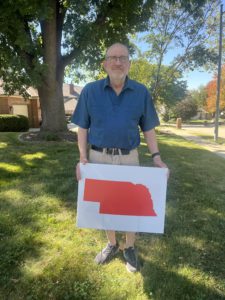(p. B4) If Elon Musk becomes chief red-tape cutter in a second Trump administration, he is already giving a taste of what’s to come.
. . .
. . ., he often talks about how regulations can be like little strings that collectively tie down a giant like Gulliver, and strip us of our freedoms.
. . .
A Trump victory could give the country, according to Musk, a rare opportunity to clean house unseen since the Reagan administration’s massive deregulation effort.
“It’s been a long time since there was a serious effort to reduce the size of government and to remove absurd regulations,” Musk said during an appearance this month at the “All-In Podcast” conference.
While he skirted what exactly he would do, Musk made it clear that the EPA was the kind of agency on his mind. He pointed to a proposed fine of about $148,000 by the EPA announced this month over claims of SpaceX improperly discharging deluge water and spilling liquid oxygen at its South Texas launchpad.
Musk called it an example of “irrational regulation” and compared the company’s actions to dumping drinking water on the ground. “There was no actual harm done,” he said. “It was just water to cool the launchpad during lift off.”
. . .
Neuralink announced a regulatory win this past week. Musk’s brain-implant company said the Food and Drug Administration had awarded its experimental Blindsight microchip, which aims to restore sight, a special designation intended for medical devices aimed at treating life-threatening or irreversible debilitating conditions.
If successful, it sounds like the stuff out of TV’s “Star Trek: The Next Generation.”
“Provided the visual cortex is intact, it will even enable those who have been blind from birth to see for the first time,” Musk said this past week.
It is those kinds of advancements that excite his fans and why it can be so hard to rein him in amid public support.
For the full commentary see:
(Note: ellipses added.)
(Note: the online version of the commentary has the date September 21, 2024, and has the title “The Fight Elon Musk Is Ready to Pick in a Trump Administration.”)


